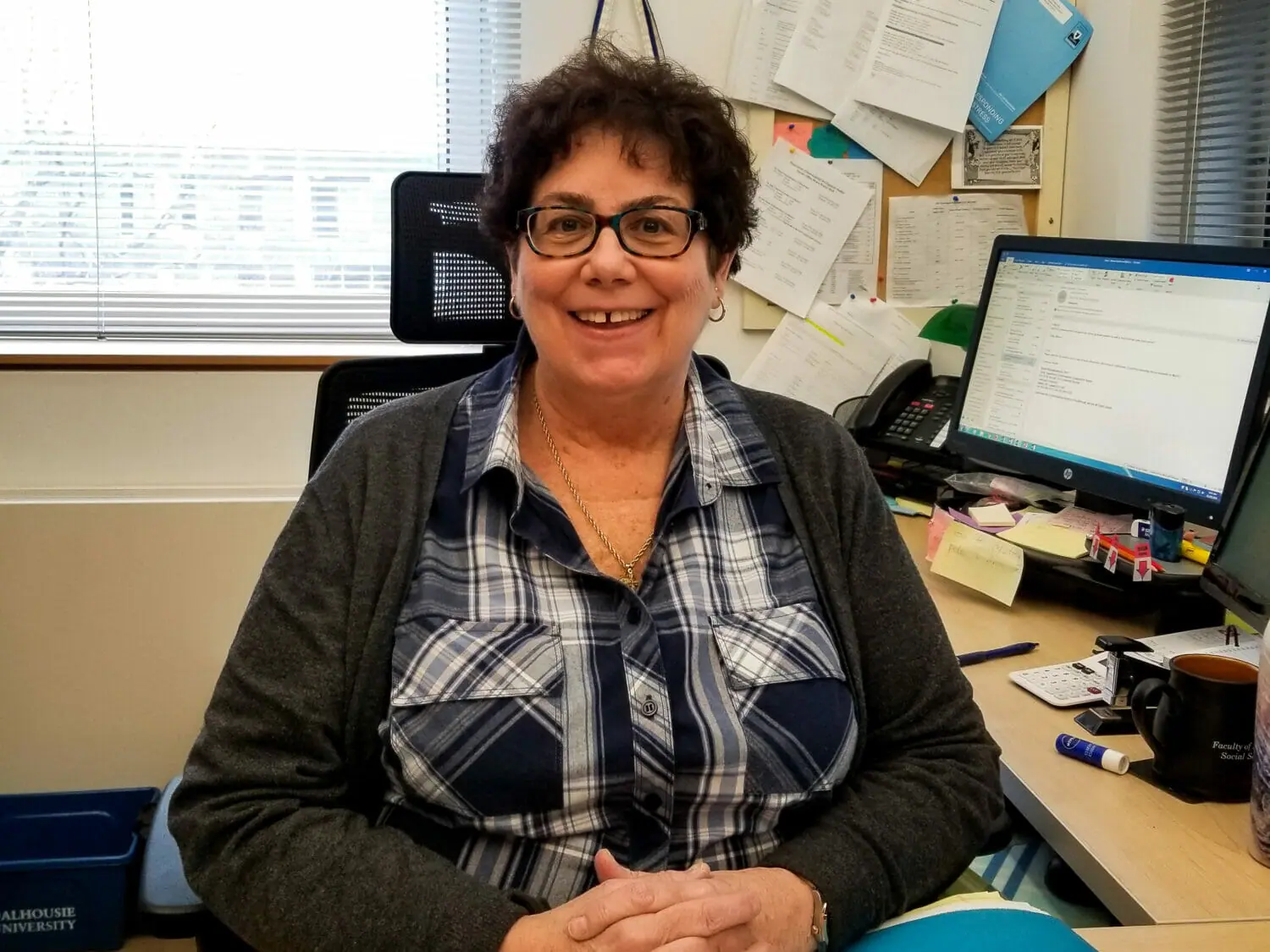After joining Dalhousie University in 1989, Marian MacKinnon retired at the end of the last school year. A 30-year staff member of the faculty of Arts and Sciences, MacKinnon spent the majority of her time in the department of International Development Studies. She left behind a legacy of impacting people and their education.
A lot of this impact was done through MacKinnon’s Cuba Intensive and Cuba Semester programs. Since 1997, these programs have given Dalhousie students the opportunity to travel to Cuba, immerse themselves in its culture and learn about its history and development.
The idea to have such a program began in 1996. Students who studied international development approached MacKinnon about the possibility of studying abroad.
“I thought, well, we have Cuba. That’s not too far away. And it may not cost too much. And we have an expert on Cuba in the Spanish department — John Kirk,” says MacKinnon.
With the help of former student Shelagh Savage, the program came to life. Savage was working with Canada World Youth, a non-profit organization built on teaching Canadian youth about other cultures through international volunteer opportunities, with a project in Havana.
Savage and John Kirk travelled to Havana and made contact with the Faculty of Latin America Social Sciences (FLACSO) at the University of Havana and the Cuban Women’s Federation, who could provide students with accommodation, says MacKinnon.
With the relationships created, Dalhousie students were in Cuba — for the first time — in the spring of 1997. Having paid for her own trip, MacKinnon was there with them. Maintaining these relationships was the most important part of the equation, she says. “It allowed me to return to Cuba for the next 21 years.”
Both Cuba Intensive and Cuba Semester programs are hosted by FLACSO at the University of Havana. In the intensive program, students take a 10-day course on Cuban culture, laws, healthcare and agriculture. A part of the education includes visits to places like the Cuban Federation of Women, an urban farm, and an eco-village.
A dedicated leader
Associate Professor Robert Huish, who led the trip with MacKinnon between 2012 and 2018, said: “where we send [FLACSO] students, they send us faculty members. And that’s something that most programs do not take the time to invest into at other universities.
“It fostered a lot of deep relationships between Dalhousie faculty and students and our Cuban partners, and that, that really is all the mechanics of Marian [MacKinnon].”
The costs for FLACSO faculty to travel to Dalhousie were taken out of the program’s budget, which meant that as student participation (and the amount of program money) fluctuated, MacKinnon would always ensure that her Cuban colleagues could visit Dalhousie, she says, driving them to and from the airport each time they did.
“She had the ability to make sure that those relationships are strong and fostered,” says Huish.
“It’s essential when you’re working with another culture, to be able to offer them something for all their hard work. You know, it’s really, really important. And, you know, you have to have that to make things work,” says MacKinnon.
That care and attention did not go unappreciated by those at FLACSO in Cuba, who sent MacKinnon emails of concern as hurricane Dorian made landfall in Nova Scotia.
Reynaldo Jiménez Guethón, former director and current academic coordinator of FLACSO Cuba says: “I think, with great joy, that spending more than 20 years of work, meetings, receptions in airports, sharing FLACSO Cuba and my family with Marian has been an unforgettable thing for our lives.”
MacKinnon’s dedication to hold such strong relationships with the Cubans was simply the tip of her leadership abilities, says Huish.
“I remember one time we had arrived in Havana, at the hotel that we were staying at, and we had just come off the flight really late at night. And we have 45 people in the lobby. The front desk tells us ‘sorry, the hotel is full, but we’re going to put you in another hotel just down the street.’ The other hotel was not even close to what we needed. This place was still under renovation, electricity wasn’t in most of the rooms … Marian was able to not only convince them that we will not be staying in that other hotel, but that in fact, that there are spaces at the hotel we originally wanted to stay at.”
It is through these displays of leadership from Marian MacKinnon that the Cuba Program was able to operate for over two decades and receive an award of recognition from the Canadian Ambassador to Cuba.
As the program prepares to continue on without her, it is clear that she will be difficult to replace.
“For the program to run, you have to have people that are dedicated. I was dedicated. It was the love of my life,” she says.


Recent Comments